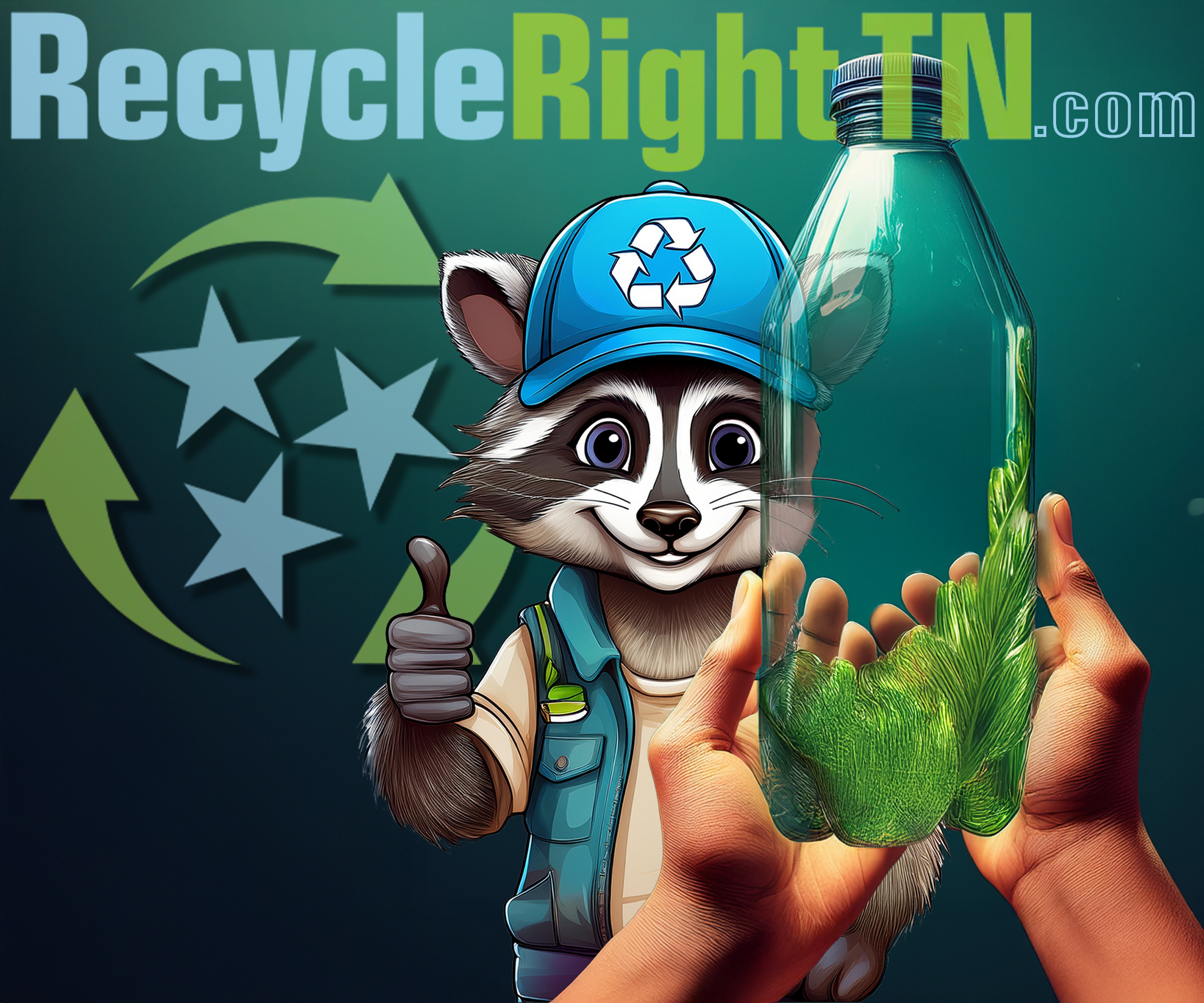Editor’s note: This is part of a series for the 19 Days of Activism Campaign sponsored by the Child Advocacy Center of Rutherford and Cannon Counties.
By Detective Andrea Knox, Rutherford County Sheriff’s Office
Child sex trafficking is the use of a child for the purpose of a commercial sex act, the exchange of goods for services.
It is important to note child sex trafficking is not prostitution and the child is the victim.
Victims are often vulnerable boys and girls, those who are runaways, throwaways, homeless, abused and or neglected.
Victimization is not status driven. Children can be victimized and exploited because they believe they have an unmet need or expectation. Some may be naïve while others may be vulnerable due to disability.
Traffickers can be anyone who has a need to interact with a child. Predators can identify children anywhere in their neighborhoods, shopping areas and schools. They prey on vulnerable children.
The traffickers groom their approach by learning about the child’s needs. These needs are not always tangible. The need may be a demonstration of affection and attention, mimicking reasons some children join gangs.
From this point, the manipulation and exploitation of child sex trafficking can begin to include sexual acts in exchange for money, shelter, food or any form of goods and services.
This form of coercion, this mental manipulation, can be more devastating than physical violence. It can prevent the child from identifying as a victim, present a manipulated lifestyle appearance of choice and perpetuate the child’s fears of the trafficker’s tactics.
Traffickers are chameleons and can be male and female. There is not a specific race, sex, social demographic or profile for this individual.
The protection of children requires an awareness of physical and behavior indicators that are outside the child’s norms.
Parents are advised to:
- Tell children the people they meet online are not their friends.
- Monitor their use of the internet.
- Talk to children about how to keep from being a victim of sexual assault.
- Know their children’s friends and social circles.
- Identify items that you as a parent have not purchased or supplied.
- Look for the small details such as un-wad paper receipts. A receipt will give a vast amount of information to include time and date.
- Become informed of a child’s movement. If you don’t know who they are talking with, review your cellphone record. Identify most called numbers, new numbers and reconcile the billing record.
Parents may communicate to their children they can come to them when they need to talk or need counsel. The parent may build trust with their children by talking about a major event they experienced, the struggle of the event and how they overcame.
Visit the National Human Trafficking website at https://humantraffickinhotline.org to review statistics. If you believe someone is a victim of trafficking, please call 1-888-373-7888.
Sheriff’s Detective Andrea Knox investigates family crimes involving children. She teaches the Darkness to Light course for the Child Advocacy Center of Rutherford and Cannon Counties that guides adults how to prevent child sexual abuse.













